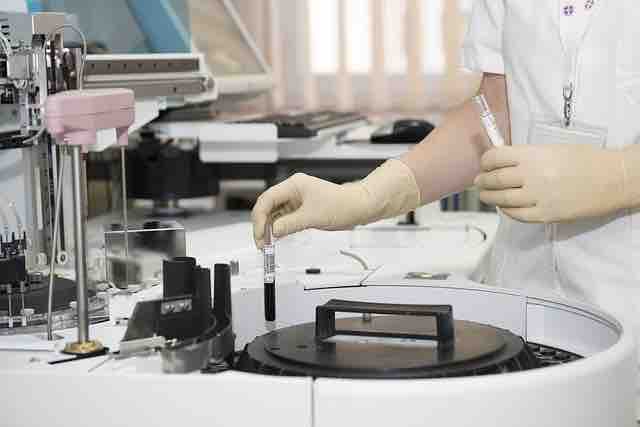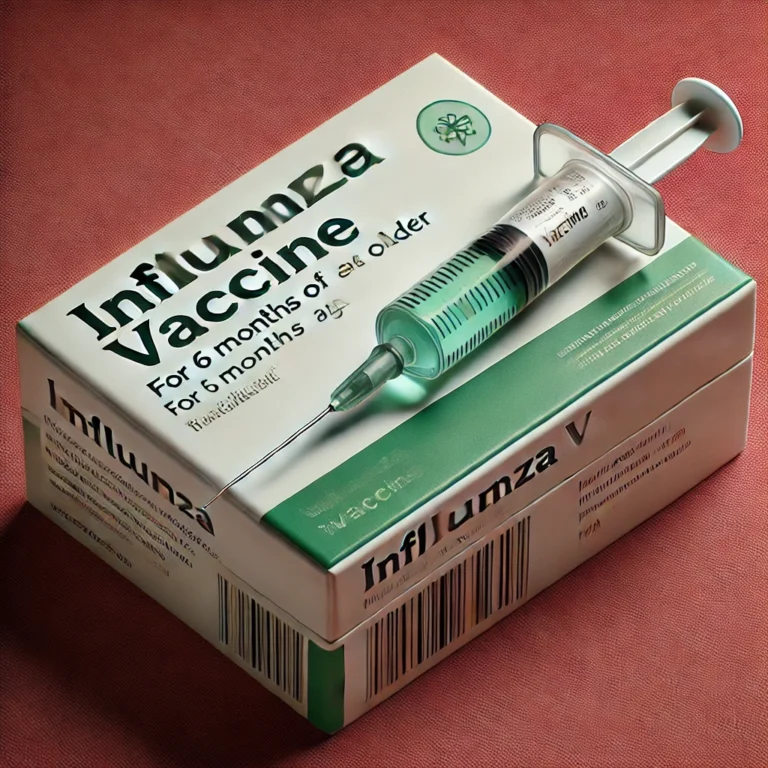The COVID-19 pandemic has affected millions of people worldwide, with a significant number of patients experiencing long-term symptoms even after recovering from the initial infection. Dubbed as “Long COVID,” these persistent symptoms can range from fatigue, shortness of breath, and cognitive impairment to chest pain, joint pain, and depression.
Despite being a growing concern, long COVID continues to be poorly understood and inadequately addressed by the medical community, leaving many patients feeling dismissed and gaslit.
Medical gaslighting refers to the invalidation, denial, or minimization of a patient’s symptoms, concerns, or experiences by healthcare professionals. It can lead to delayed or misdiagnosis, inadequate treatment, and worsened health outcomes, particularly for marginalized communities.
For long COVID patients, medical gaslighting can be a common occurrence, with many reporting being dismissed by healthcare providers, including doctors, nurses, and specialists, as well as family and friends.
A recent study published in The Lancet found that over 50% of long COVID patients reported experiencing medical gaslighting, with women and people of color being more likely to be gaslit. The study also revealed that those who experienced medical gaslighting were more likely to have worsened symptoms and poorer mental health outcomes.
The reasons behind medical gaslighting are complex and multifaceted, but it often stems from a lack of understanding or knowledge of the condition, unconscious biases, and medical paternalism. It is exacerbated by the current healthcare system, which prioritizes acute care and quick fixes over chronic illness management and patient-centered care.
To combat medical gaslighting and improve long COVID patients’ experiences, healthcare providers need to be better educated and informed about the condition. They should also adopt a more patient-centered approach, which involves active listening, empathy, and collaboration with the patient.
Moreover, healthcare providers should recognize the impact of medical gaslighting on patients’ mental health and well-being and offer appropriate support, including mental health resources and referrals.
Patients themselves can also play a role in combating medical gaslighting by advocating for their needs, seeking out informed healthcare providers, and finding support through peer groups and online communities.
In conclusion, medical gaslighting remains a significant barrier for long COVID patients seeking validation, understanding, and appropriate care. As the pandemic continues to evolve, it is crucial to address this issue and ensure that all patients, regardless of their condition or identity, receive the care they deserve.












